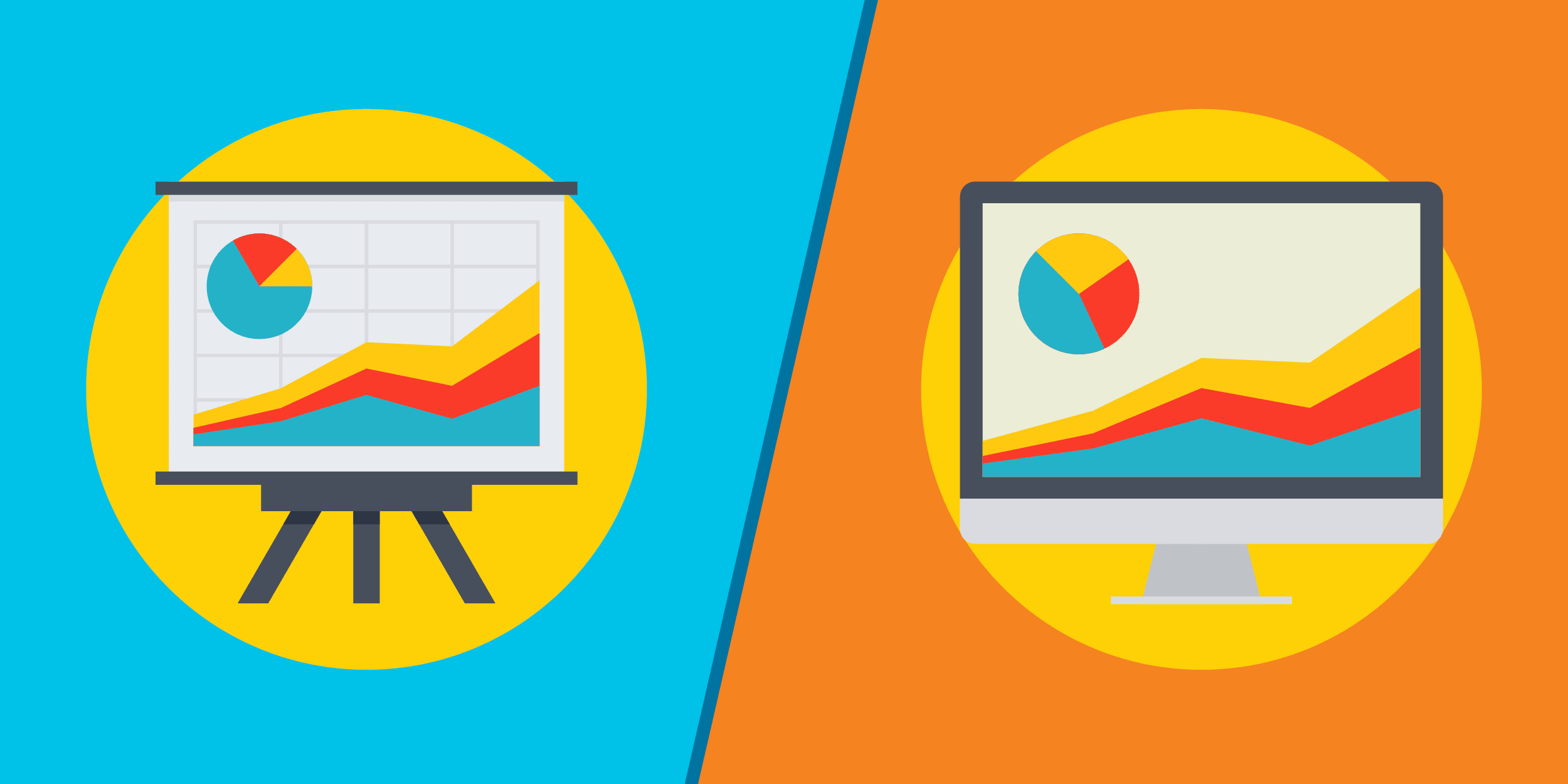Idealware recently partnered with FMA to publish Selecting Financial Management Software for Your Nonprofit, a free new report. This publication helps you identify your organization's needs and looks at more than a dozen of the most widely used systems that can help meet them. But how do you know if the time is right to upgrade from your current software? In this excerpt from the report, we'll get you started.
When it comes to organizations and their financial management needs, bigger isn't necessarily more complex. The size of your organization's operating budget doesn't necessarily correspond with the complexity of your financial management system needs.
Consider a nonprofit that operates in several locations, receives government funding, and manages several programs. That organization is more complex than an organization with a much larger operating budget that operates a single program in one location.

The more complex your organization's operations, the more powerful a financial management system you'll need. Complexity increases as you add programs, locations, and different funding sources.
You may be getting by just fine with your current system, and may continue to do so for a long time to come. Or, as your organization changes and grows, you may begin to see signs that your current system and approach to financial management is not sufficient.
1. Do You Rely on Spreadsheets or More than One Piece of Software?
A spreadsheet will likely always be a powerful tool for specific types of financial modeling and analysis. A spreadsheet can also serve to consolidate data from different sources. And modern spreadsheet tools can even support project management tasks and enable multiple people to collaborate. But spreadsheet use should be rare, not a central part of your financial system workflows.
Regular and repeated use of a spreadsheet to create reports, reconcile accounts, or track budgets is a signal. It may indicate that your needs are more complex than you're able to currently meet with your existing system.
A financial management system should be able to provide you and your team the information necessary to understand normal operations and make most financial decisions. If yours doesn't, you might seek support from a vendor or consultant to configure dashboards, reports, or workflows to better fit your needs. (A reliance on spreadsheets also may indicate a need to revise your chart of accounts.)
Similarly, you might be using a secondary system in addition to or in parallel with your financial management system because it doesn't do what you need it to. If so, that's a clear sign that it's time to consider upgrading.
2. Do You Transfer Financial Data Manually?
Routine export or import of data between your financial system and other apps can signal an opportunity for improvement. An even more dramatic signal is if you are manually rekeying data from one system into another. Small quantities of data entry or exporting and importing might be manageable, but frequent, time-consuming, manual transfers of data should prompt you to explore more efficient options.
3. Can You Only Access Your System from Specific Devices at the Office?
If you're still working with installed software that you can only access from a specific system or server, consider hosted or cloud-based alternatives. With a hosted system, the software vendor (or a selected vendor partner) manages server and application maintenance, security, and updates. That setup means that your software is always the latest version and server management is the vendor's task, not yours.
The downside to hosted systems is that they can be limited in their ability to connect to third-party applications. Many more modern cloud-based systems are designed for greater reliability and extensibility than hosted systems. And those with open APIs and app stores mean their architecture is designed for integration and expansion.
4. Does Your Financial System Delay Your Decision-Making?
Limited or delayed access to financial information can cause problems for decision-makers. In some cases, people rely on printed reports because the system lacks the ability to allow each person who needs financial data to sign in to access it. Other systems lack the ability to provide multiyear analyses, which forces people to export data and build models elsewhere. Your financial management system should make your decision-making easier, not more difficult.
5. Do Your Board Members and Funders Lack Confidence in the Financial Information You Provide?
Lack of confidence in financial systems and reporting can affect not just an organization's fiscal health. It can also affect its ability to serve its mission effectively and increase support for the organization.
Do any of these scenarios sound familiar? You're likely running into system limits and are a good candidate for a new financial management system. To learn more about the marketplace of financial systems, download Idealware's free report now.
Idealware is also offering a free webinar, Selecting Accounting and Financial Management Software for Your Nonprofit, from 1 to 2 p.m. Eastern time on April 5. It'll present findings from Idealware and FMA's research and host a panel discussion about the landscape of financial management software. Learn more or register now.
Editor's note: TechSoup offers some of the financial management software programs that are compared in the report, including Oracle NetSuite and QuickBooks.







